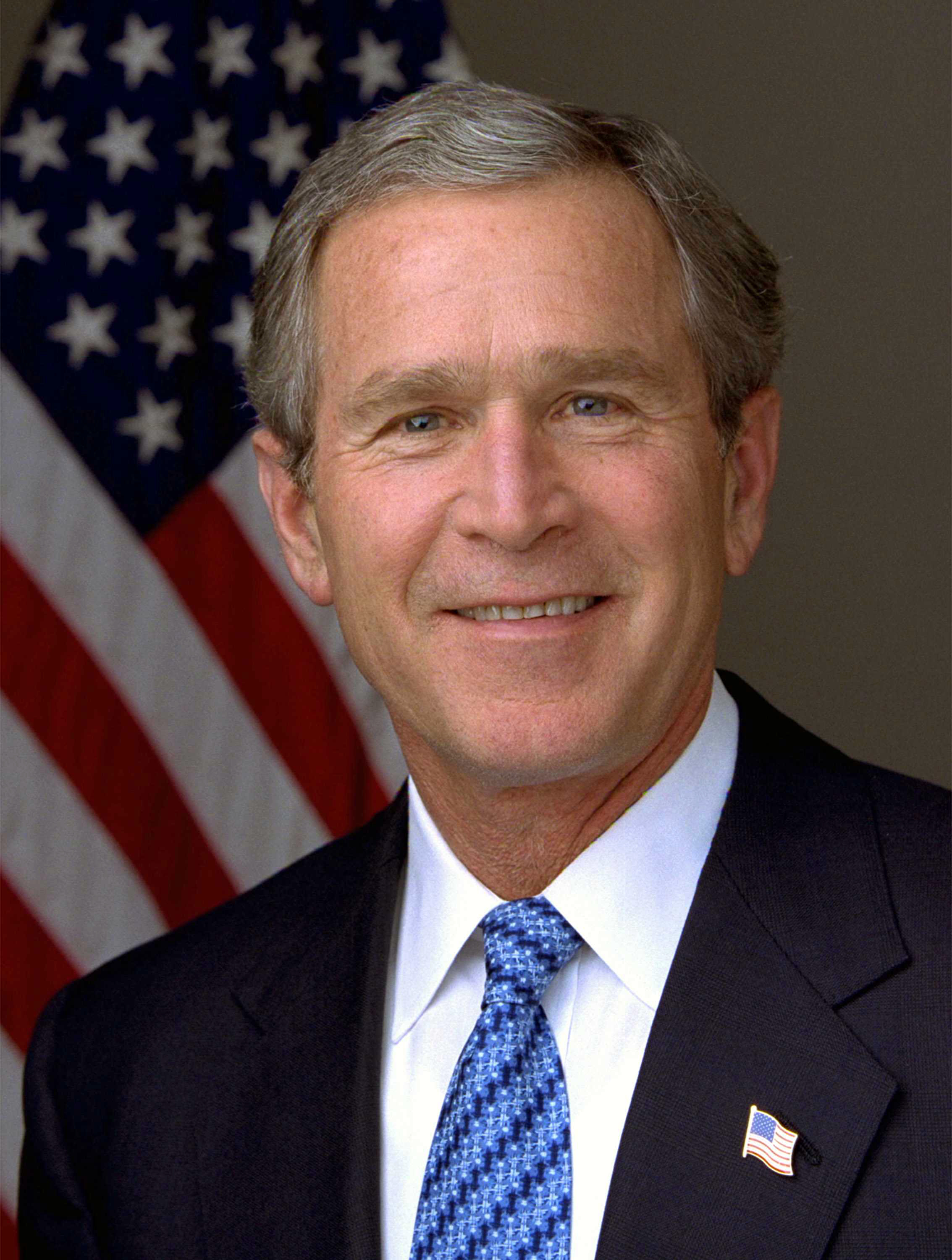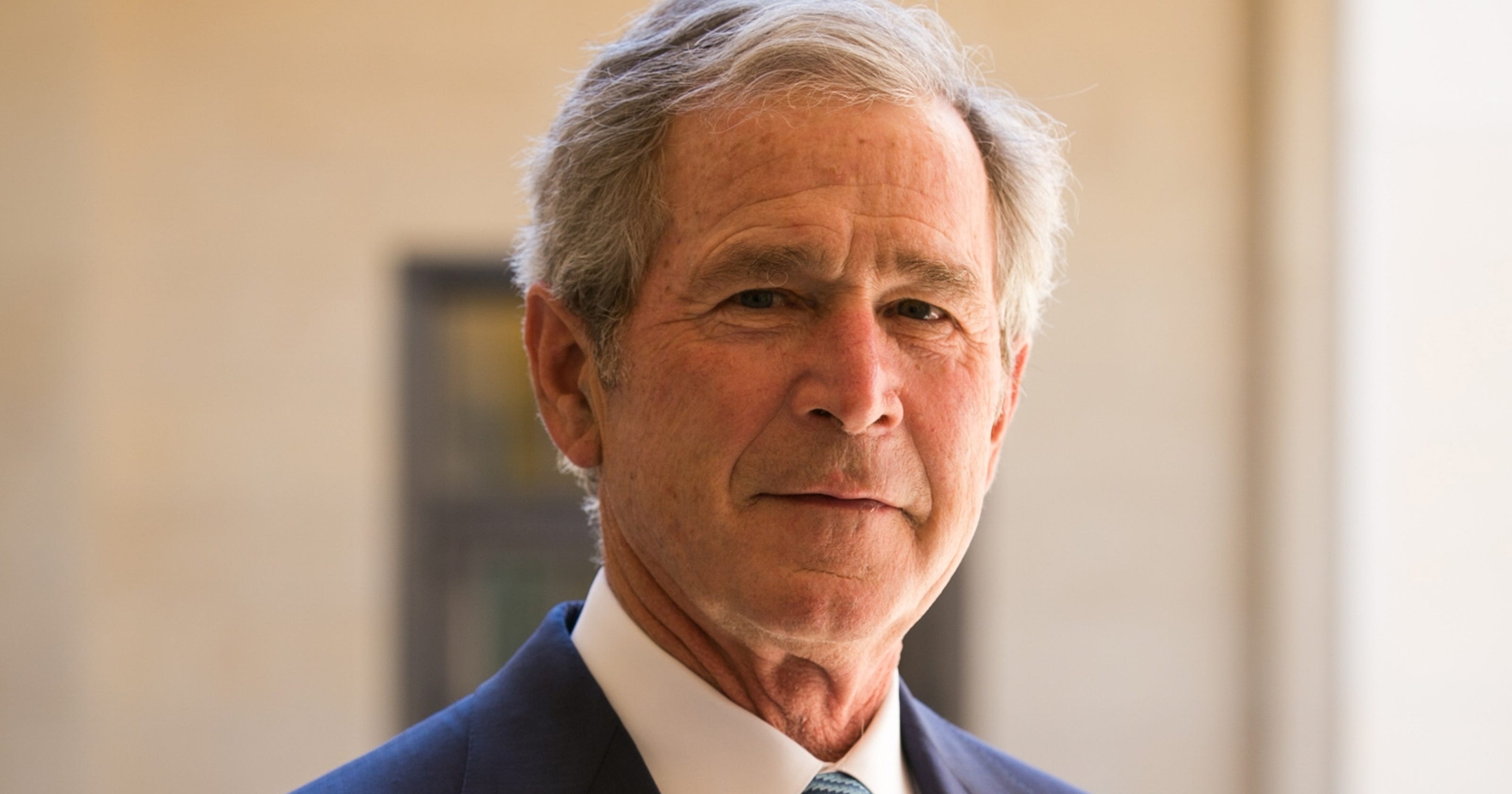Introduction to George W. Bush's Presidency
George W. Bush, the 43rd President of the United States, served two terms from 2001 to 2009. His presidency was marked by significant events that shaped both domestic and international landscapes. As we look back in 2024, Bush's leadership during pivotal moments such as the 9/11 attacks, the wars in Afghanistan and Iraq, and the financial crisis of 2008 continue to evoke diverse opinions and discussions. Understanding his policies and their long-term impacts provides valuable insights into American politics and global relations during the early 21st century. This article explores the key aspects of Bush's presidency and reflects on his legacy in today's context.
The Early Years and Election of 2000
George W. Bush entered the political arena following a successful career in the oil industry and as the Governor of Texas. His presidential campaign in 2000 emphasized themes of compassionate conservatism and tax cuts. The election itself was one of the closest in American history, culminating in a controversial Supreme Court decision that effectively awarded Bush the presidency over Democratic candidate Al Gore. This contentious start set the stage for a presidency that would face numerous trials and tribulations. Despite the contentious election, Bush aimed to unite the nation and implement his vision of governance, focusing on education reform and tax relief.
9/11 and the War on Terror
The terrorist attacks on September 11, 2001, were a defining moment for George W. Bush's presidency. In the aftermath, Bush's leadership was put to the test as he addressed the nation and the world with a promise to fight terrorism. The establishment of the Department of Homeland Security and the USA PATRIOT Act were direct responses aimed at preventing future attacks. Bush's decision to invade Afghanistan in 2001 and Iraq in 2003 were pivotal in shaping international relations and have been subjects of debate regarding their justification and outcomes. The War on Terror became a central theme of his presidency, influencing military and foreign policy decisions for years to come.
Domestic Policies and Economic Challenges
On the domestic front, President Bush pursued several key policy initiatives. The No Child Left Behind Act aimed at reforming education by holding schools accountable for students' academic performance. Tax cuts were another hallmark of his administration, which Bush argued would stimulate economic growth. However, his presidency also faced significant economic challenges, particularly the financial crisis of 2008. The crisis, which began in the housing market, led to severe economic downturns worldwide. Bush's administration responded with emergency measures including the Troubled Asset Relief Program (TARP) to stabilize the financial system. These economic policies and their effectiveness continue to be analyzed and debated over a decade later.
Environmental Policies and Energy Initiatives
George W. Bush's environmental policies were often controversial. His administration was criticized for its withdrawal from the Kyoto Protocol, an international treaty on climate change, citing economic concerns. Instead, Bush promoted energy independence and increased domestic energy production, including oil drilling and the development of alternative energy sources. The Energy Policy Act of 2005 was a key legislative achievement aimed at addressing energy production and consumption. While some praised Bush's focus on energy security, others argued that his policies did not adequately address environmental protection and climate change. The legacy of these policies remains a topic of discussion as the world continues to grapple with environmental challenges.
Foreign Policy and International Relations
Bush's approach to foreign policy was characterized by a strong stance on national security and a commitment to spreading democracy. His administration's actions in Iraq and Afghanistan were justified under this framework, with the goal of eliminating threats and fostering democratic governments. This approach, however, was met with both support and criticism globally. Critics argued that the military interventions were costly and led to prolonged conflicts, while supporters believed in the necessity of such actions to combat terrorism and promote stability. Additionally, Bush's relationships with international leaders and his efforts in advancing trade agreements also played significant roles in shaping U.S. foreign relations during his tenure.
Public Perception and Political Challenges
Public perception of George W. Bush's presidency fluctuated throughout his time in office. Initially, his approval ratings soared following the 9/11 attacks, as the nation rallied behind his leadership. However, as the wars in Afghanistan and Iraq dragged on and domestic issues such as Hurricane Katrina and the financial crisis emerged, his popularity declined. Bush faced criticism for his administration's handling of these crises, and political challenges from both Democrats and members of his own party. Despite these hurdles, Bush remained committed to his principles and policies, often emphasizing his belief in free markets, personal responsibility, and a strong national defense.
The Post-Presidency Years
After leaving office in 2009, George W. Bush largely retreated from the political spotlight, focusing on philanthropy and personal projects. He established the George W. Bush Presidential Center, which includes a library and museum, and engaged in humanitarian efforts, particularly in Africa. Bush has also become an advocate for issues like veterans' welfare and has spoken on the importance of leadership and democracy. His post-presidency years have allowed for reflection on his time in office and have contributed to a more nuanced understanding of his legacy. While opinions on his presidency remain varied, Bush continues to influence public discourse through his writings and public appearances.
Reflecting on Bush's Legacy in 2024
As we consider George W. Bush's presidency in 2024, it's clear that his time in office left a lasting impact on both the United States and the world. The policies and decisions made during his tenure continue to affect contemporary political and social landscapes. Debates over the effectiveness of his domestic and foreign policies remain relevant, as new generations evaluate the successes and failures of his administration. Bush's presidency serves as a case study in leadership during times of crisis and underscores the complexities of governing in an increasingly interconnected world. As history continues to assess his legacy, George W. Bush's influence on American politics and global affairs remains a significant topic of exploration.
Conclusion: A Complex Legacy
In conclusion, President George W. Bush's legacy is a complex tapestry woven from a mixture of achievements, challenges, and controversies. His presidency was defined by significant historical events that required decisive leadership and policy innovation. As we reflect on his contributions and shortcomings, it's important to recognize the enduring impact of his administration on both domestic and international fronts. In 2024, the lessons from Bush's presidency continue to offer valuable insights into leadership, governance, and the ever-evolving nature of global politics. While opinions on his presidency may differ, the historical significance of his time in office is undeniable, ensuring that George W. Bush remains a pivotal figure in American history.
- Zendaya Mom Height
- Unblocked Games 76 Slope
- Was Liam Payne Bipolar
- Who Is Emilio Estevez Currently Married To
- Lil Jeff


